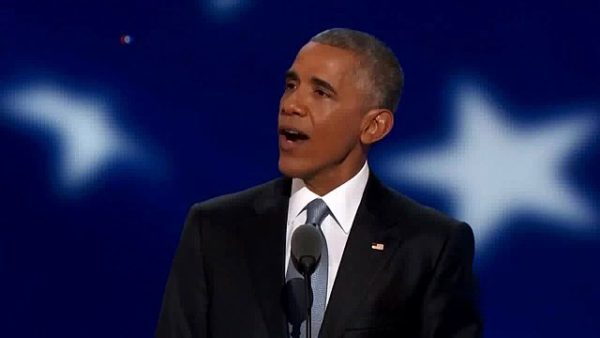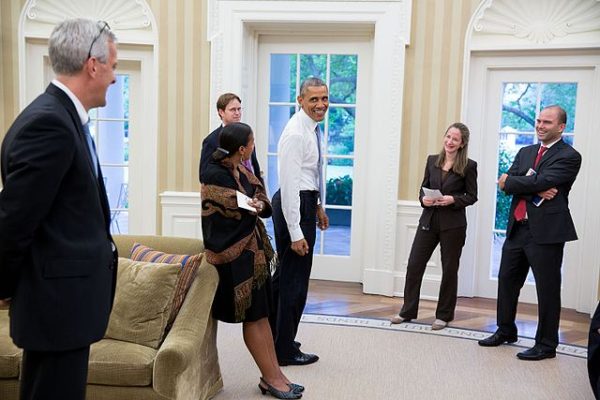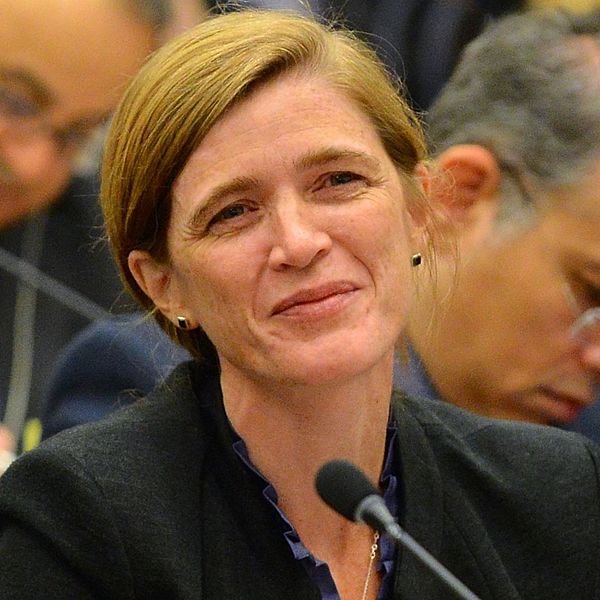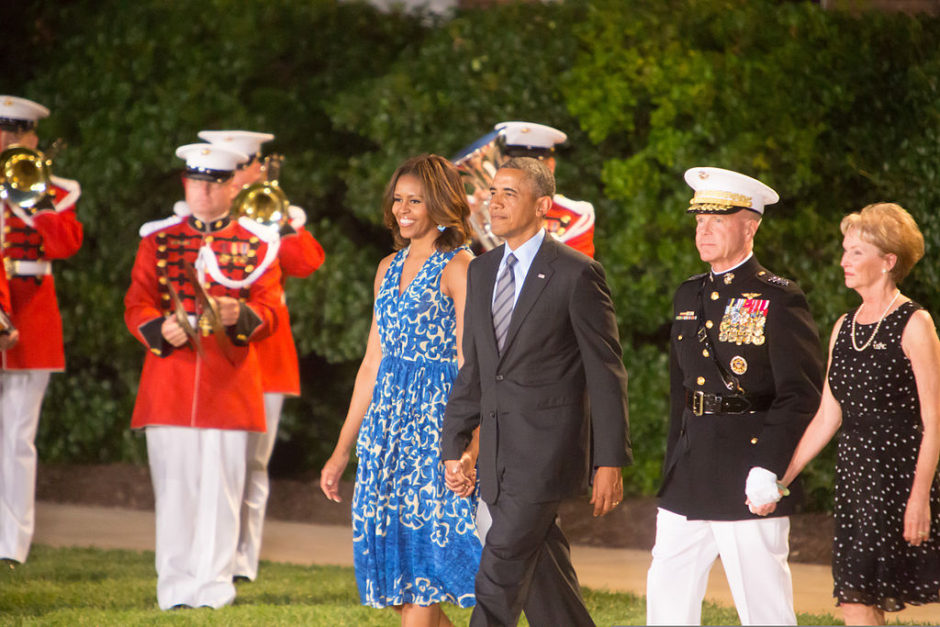During Barack Obama’s last year as president of the United States, Greg Barker and his camera crew followed him and his most trusted associates around the country and abroad. Barker’s fly-on-the-wall documentary, The Final Year, which opens in Canada on January 19, peeks inside the Obama White House as he and his chief operatives attend to the affairs of state.

Surprisingly, Obama is not the main player. He appears often enough, mostly on overseas trips to countries such as Vietnam, Japan and Laos. But much of the film is given over to Ben Rhodes, his deputy national security advisor and chief speechwriter; Samantha Power, his United Nations ambassador, and John Kerry, his secretary of state. Susan Rice, Obama’s national security advisor, makes an occasional and insignificant appearance.
The Final Year unfolds against the backdrop of a possible transition in American politics. Seventeen candidates are sparring to be the Republican Party’ standard-bearer in the next presidential election, but only one candidate, Donald Trump, is mentioned. Trump is seen as a disrupter who may well sabotage Obama’s constructive foreign policy legacy — his opening to Cuba, his Paris climate agreement and his nuclear accord with Iran.
At this juncture, however, the working assumption in the White House is that Hillary Clinton, the Democratic candidate, will handily defeat Trump and succeed Obama. Who can imagine that Trump — a real estate mogul and a reality TV host without the slightest experience in politics on either the local or national level — will post an upset victory of such magnitude?
Obama is portrayed as a thoughtful, soft-spoken politician whose goal is to repair America’s standing in the world after the presidency of George W. Bush, whose interventionist policies landed the United States in the muck of Afghanistan and Iraq.
On a trip to Hiroshima, obliterated by an American atomic bomb in 1945, Obama speaks of preventing conflict through diplomacy. Visiting Laos, Obama laments the U.S. bombing campaign of that nation in the 1960s and 1970s. Reflecting on the civil war in Syria, he says he would have been prepared for a “limited” military engagement there had he been convinced it would have been useful. Addressing the United Nations, he contends the world is less violent and more prosperous than ever before. On his last trip outside the United States, he visits Greece, the home of democracy.

Rhodes, who accompanied Obama on all but one of his trips, is confident that Clinton will win the election. He’s convinced that the United States’ bilateral relationship with China will determine the shape of world politics. He says he was in favor of U.S. military intervention in Syria, but claims it would have blocked the possibility of an accord with Iran.

Power, a former journalist who covered the massive infringement of human rights in the Balkans in the 1990s, is heart broken by the mounting casualties in the ongoing war in Syria. In Nigeria, she commiserates with mothers whose school-age daughters were kidnapped by Boko Haram. Politically, she’s fully in syc with Obama on the issues of the day, but she’s saddened by the fact that the United States has been helpless in preventing the displacement of 65 million people from their homes in the Middle East and Africa. Periodically, the camera pans on Power as she plays with her two young children.
Kerry, a whirling dervish, is always on the go. As he sits in the back of a limousine in New York City, he calls his wife. “Hi, sweetie, it’s me,” he says. In Vienna, in vain, he tries to broker a peace agreement with the Syrian government and rebel forces. Aboard a ship near Greenland, he learns about global warming on a first-hand basis. In a philosophic moment, he says his optimism enables him to perform his job. And in a probable reference to Syria, he contends that the United States must reinforce its diplomacy with military force.

Strangely enough, The Final Year leaves out Israel and the Palestinians — both of which figured prominently in Obama’s geopolitical calculations — and Obama’s wife, Michelle, who’s no shrinking violet.
Having learned to their profound sorrow that Trump defeated Clinton, Obama’s aides are devastated. “It’s a lot to process,” says Rhodes, who’s left virtually speechless by the outcome.
Power adopts a more personal approach to the setback. “We all have to reintroduce ourselves to our loved ones,” she muses.
The Final Year is an impressionistic and timely account of a U.S. administration winding down after eight years in office.
